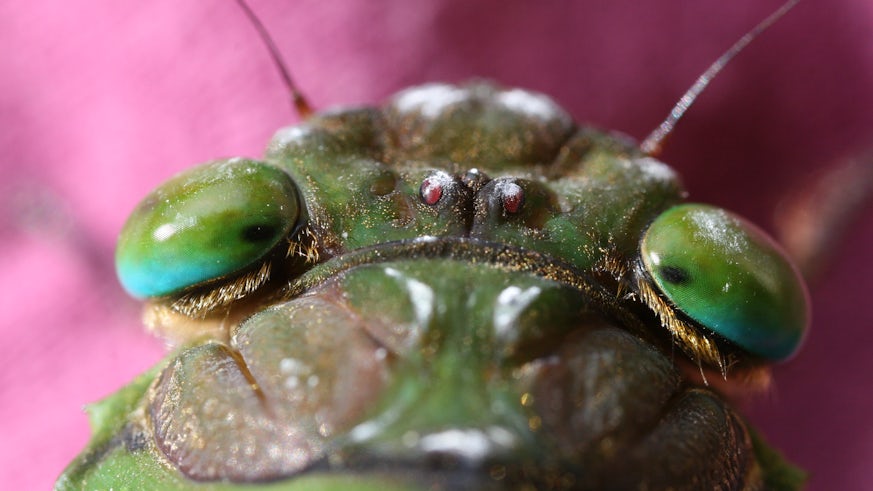Impact of parasite control treatments on non-target organisms and ecosystems
29 March 2018

A workshop is bringing together world-leading experts in parasite ecology, aquaculture science, fish biology and invasive species to address the hidden consequences of parasite control measures on aquatic life for the first time.
The NRN-LCEE funded workshop ‘Impact of parasite control treatments on non-target organisms and ecosystems’, 3-6 April, will forge new collaborations among Cardiff University’s School of Biosciences and the Water Research Institute, and international medical, veterinary and ecological parasite research communities, to shed light on the potential damage to non-target organisms and environments resulting from parasite control treatments.
Dr Amy Ellison, Research Fellow Cardiff University School of Biosciences, said: “It has been more than 50 years since Rachel Carson’s seminal book Silent Spring highlighted the devastating environmental effects of the chemical DDT, routinely used since World War II to control mosquitoes and prevent spread of malaria.
“Despite this, the World Health Organization continues to recommend DDT and other broad-spectrum biocides in the fight against human parasites.
“Moreover, intensification of agriculture, livestock production, and aquaculture leads to an ever-increasing reliance on chemical parasite treatments in food production industries.
“However, the indirect or knock-on effects of such chemicals reaching our natural aquatic ecosystems remains poorly considered.”
The workshop aims to address the impacts of parasite control programmes on environments and enable collaborative research networks.
One of the workshop visitors, world-renowned parasitologist Prof Robert Poulin from the University of Otago in New Zealand, will be giving a public lecture “Evolution of the body snatchers: the secret lives of parasites” on 4 April, head over to our event page for more information.
If you would like more information on the workshop, contact Dr Amy Ellison or Dr Rachel Paterson.
